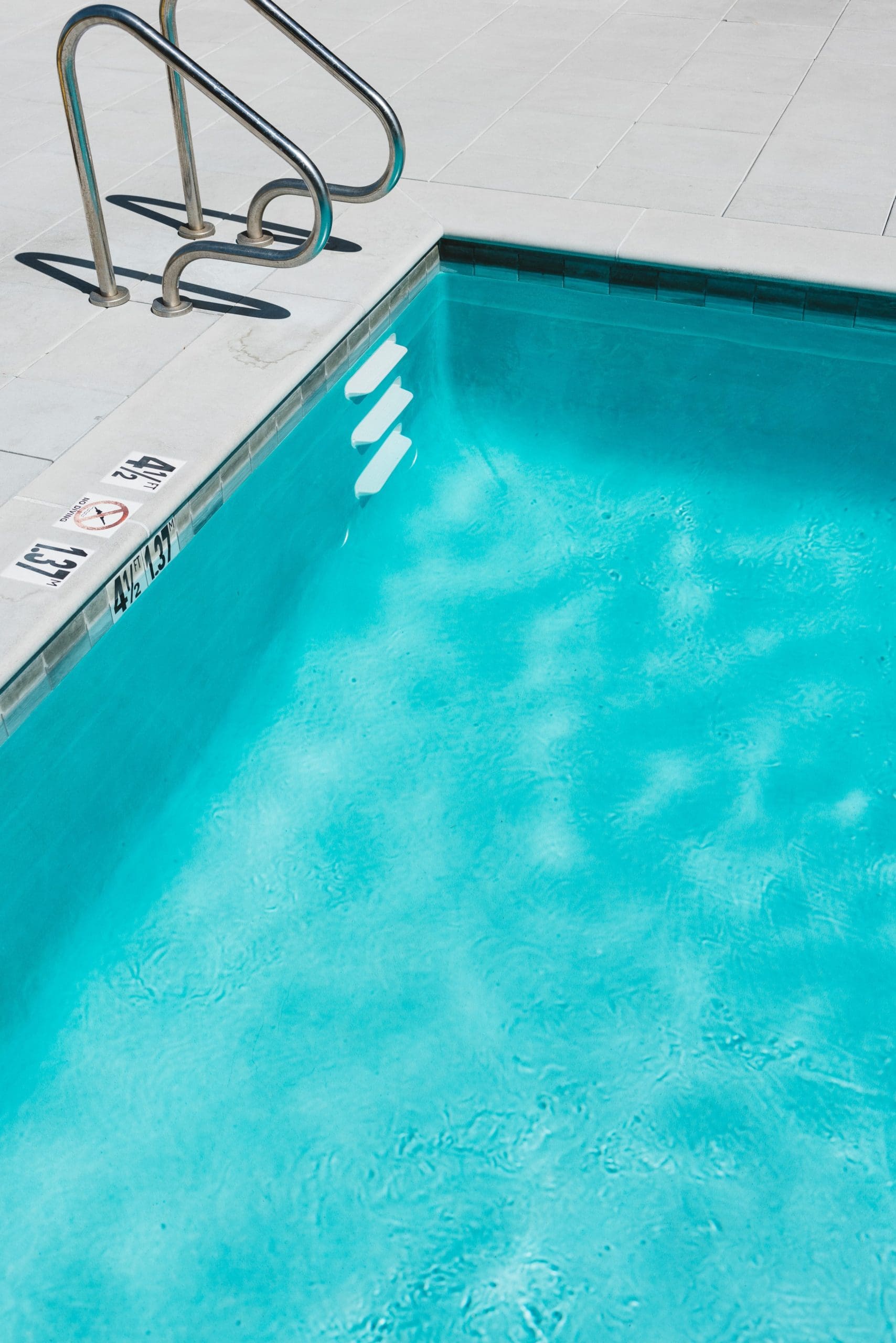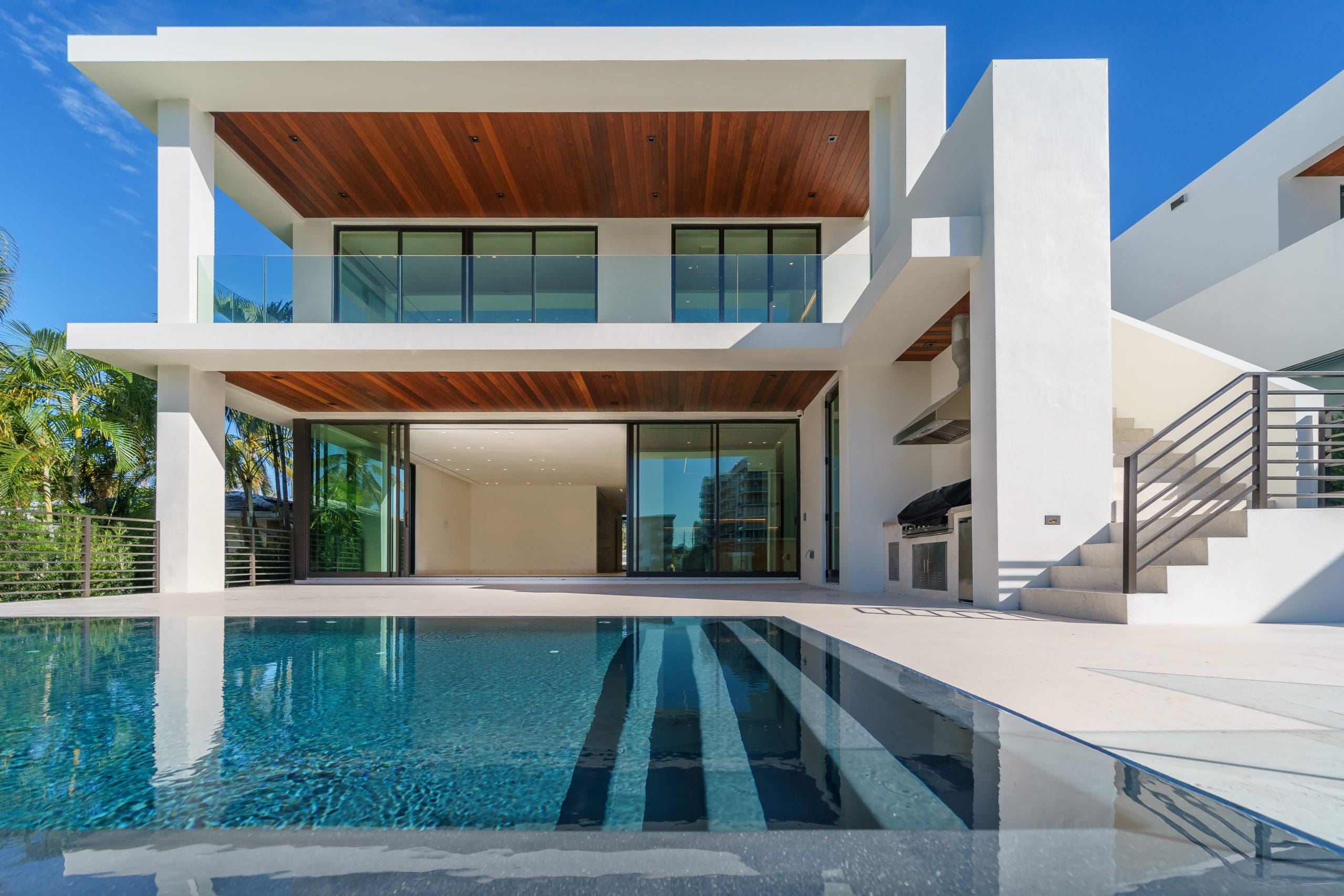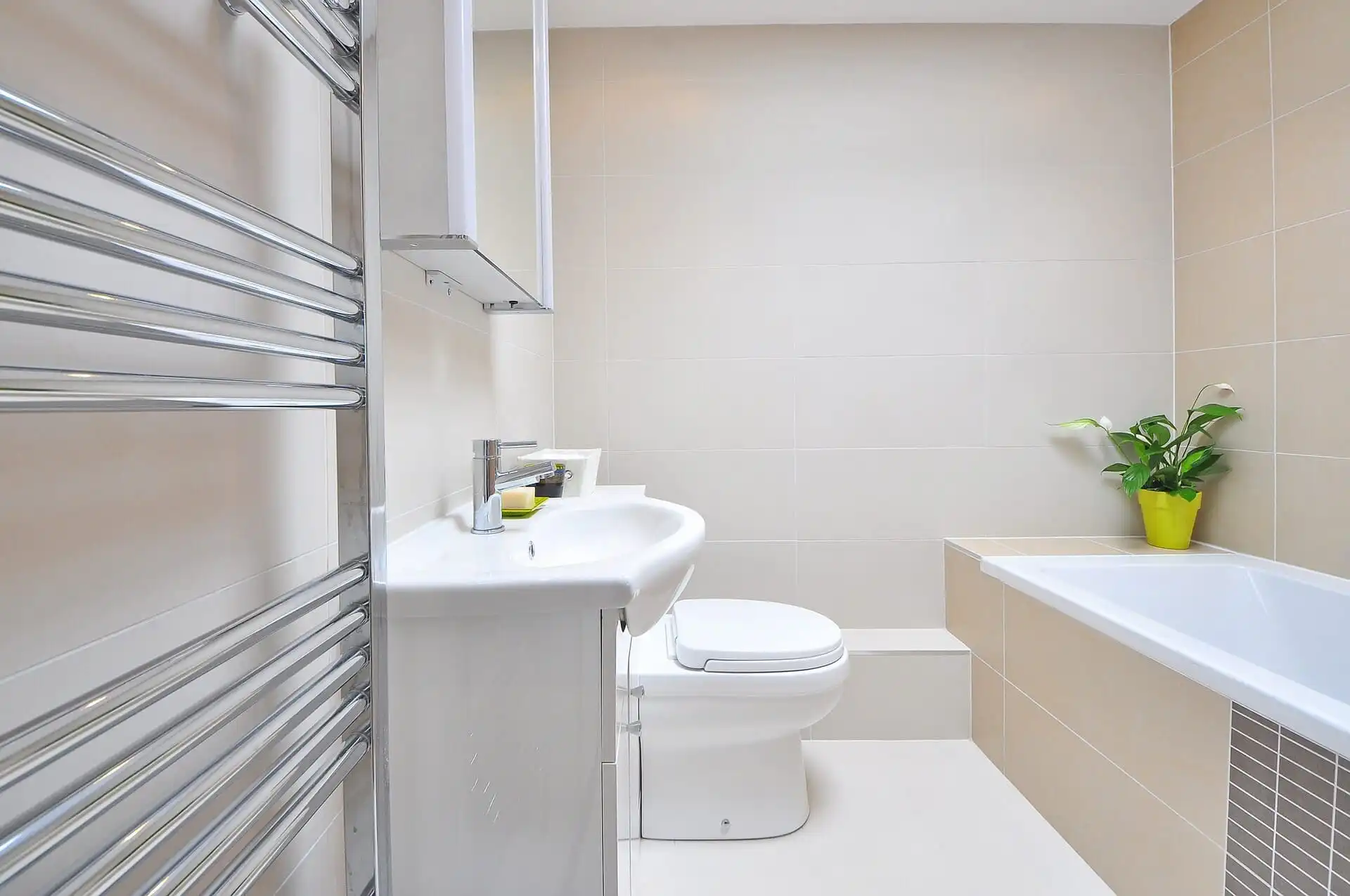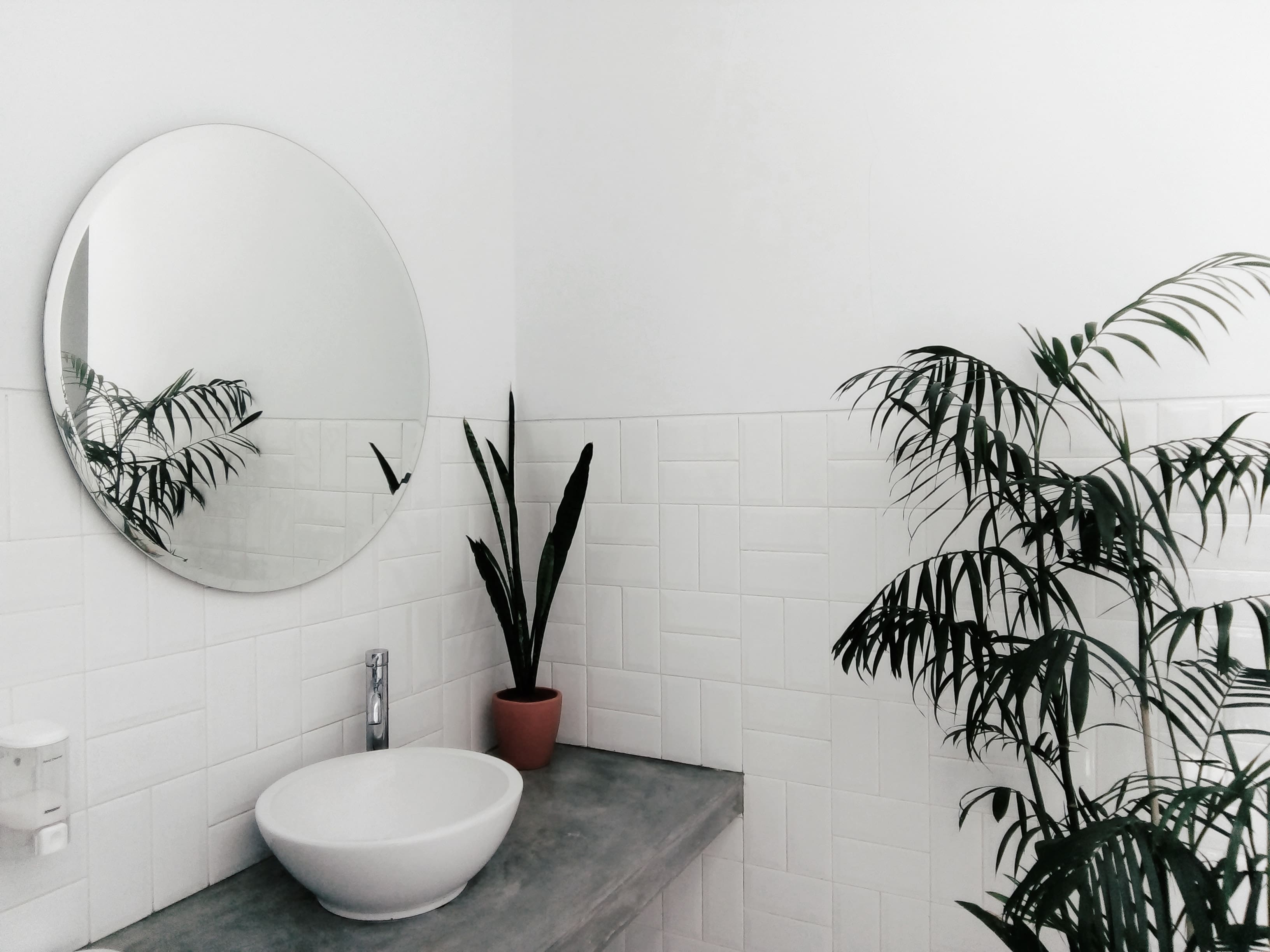Whether you’re considering a pool or have had one for years, you probably have some questions about pool resurfacing. Pool resurfacing is a big undertaking and will need careful planning and forethought before you dive in… literally! Think about your dream oasis and take a look at these FAQs about pool resurfacing.
Photo by Avi Werde on Unsplash

1. How do I know if My Pool Needs to Be Resurfaced?
Sometimes, your pool will clearly display the need for resurfacing. Damage to a pool’s surface can lead to leaks, which will cause you a world of other problems. A pool in dire need of maintenance will appear as:
- Surface stains – These come from unbalanced chemicals or calcium levels. These factors can change the colour of your pool to an unsightly grey or green.
- Peeling plaster – Highly acidic and abrasive water can cause plaster to flake or peel.
- Pebble loss – The best pebble or aggregate resurfacing can last a very long time. However, if it’s excessively washed with acid, some of the pebbles can loosen and come out, leaving unattractive gaps.
- Cracks – A crack in your pool could be disastrous if not properly handled. Several things can cause the surface to crack, including issues with the soil or poor improper craftsmanship.

2. Should I Resurface My Pool During the Off-Season?
A professional pool resurfacing company can help you resurface your pool any time of the year if the weather permits. However, the off-season is probably the best time to get the job done. Scheduling a pool resurfacing during the fall or winter months after the pool has been highly trafficked is a good idea, and so is handling the job in the spring to have a fresh surface for your pool.
You may only notice your need for resurfacing during the summer, which is a good time as any to get the job done, even though it could interrupt your fun in the sun for a while.
3. What Material Should I Use to Resurface My Pool?
The best material for your pool depends on your budget and design requirements. Plaster, concrete, and aggregate finishes are the most popular due to their cost-efficiency and durability, but if you have an expensive taste, you can opt for pricier options, like tile. Fibreglass is another great choice that offers these features and then some.

4. Can I Paint My Pool?
You could paint over your concrete or plaster to give it a nice colourful finish, but it isn’t recommended to paint over your surface to fix a cosmetic issue. Paint can’t fix cracks or peeled plaster. Plus, paint last much less time than other resurfacing choices. After a while, the paint could begin to disintegrate and cloud up your pool water.
5. How Long Does It Take to Resurface a Pool?
The time it takes to resurface your pool will be up to the size, condition, and existing surface – not to mention the weather conditions and other factors. First, it needs to be drained, which can take up to 14 hours on average. After that, the prepping, installation, sealing, finishing, cleaning, refilling, and treating will take a few days more. Overall, it could take between 3 and 7 days to complete the pool resurfacing.

Have More Questions?
If you’re thinking about investing some serious cash in your backyard summer getaway, you’ll want to know everything you can to make sure you’re getting only the best. In case you still have extra inquiries, a pool resurfacing company will help you answer all your aching questions and point you in the right direction based on your needs!







